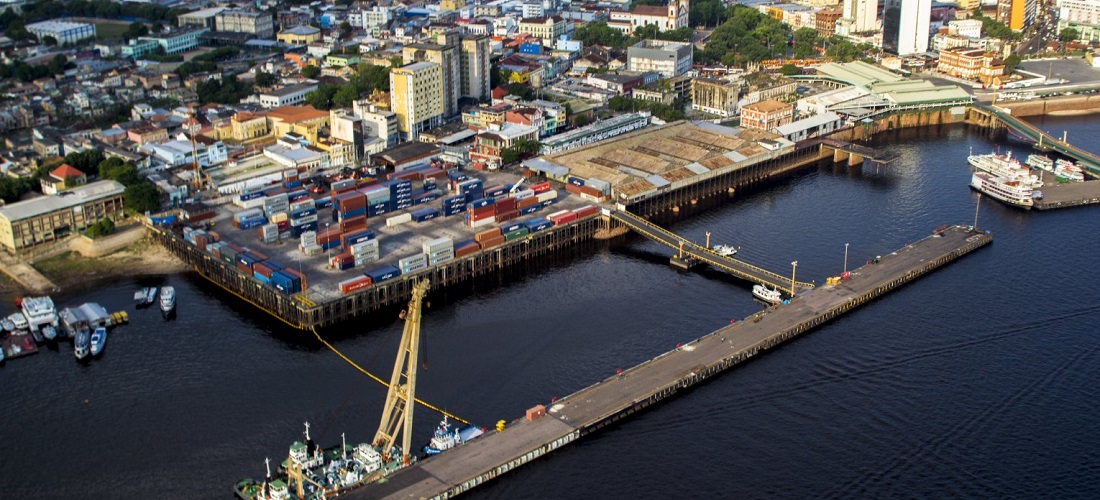
Government invests in dredging rivers in drought-stricken Amazon
Sep, 29, 2023 Posted by Gabriel MalheirosWeek 202339
The Ministries of Transportation and Ports and Airports will allocate approximately R$ 140 million for dredging operations in the Madeira and Solimões rivers. Both are crucial waterways for transporting goods and products in the Amazon region, including the Manaus Free Trade Zone and for transporting people.
Dredging a river entails removing sediments and settled residues that reduce its depth and make it less navigable. By dredging a river or other bodies of water, the depth is increased, facilitating vessel traffic.
On Tuesday (26), the ministers of these two state organizations, Renan Filho (Transportation) and Silvio Costa Filho (Ports and Airports), signed a work order authorizing the dredging of an eight-kilometer stretch of the Solimões River between Tabatinga and Benjamin Constant, in the far west of Amazonas.
According to the government, the aim is to combat the risk of local population shortages and reduce the economic impacts of the drought in the states of Amazonas and Rondônia. “It is not the entire river that has silted up, obstructing navigation. We have critical shallow points that must be addressed for vessels to pass and the flow of production and supplies to continue,” stated Renan Filho.
The works are scheduled to commence later this week and are expected to last for 45 days.
A second work order will be signed within two weeks, authorizing the dredging of two critical navigation points in the Madeira River, in the Tabocal region near the capital Manaus, and at the river’s mouth in Itacoatiara. Approximately R$ 100 million has been allocated for this action.
-
Ports and Terminals
Jun, 09, 2020
0
Paranaguá port resumes vehicle exports
-
Shipping
Sep, 03, 2021
0
K-Alliance starts operations
-
Ports and Terminals
Nov, 22, 2023
0
Gov’t approves lease of five terminals throughout three different states
-
Economy
Apr, 17, 2024
0
Global Trade Outlook for 2024: A Projection Amidst Rising Tensions



